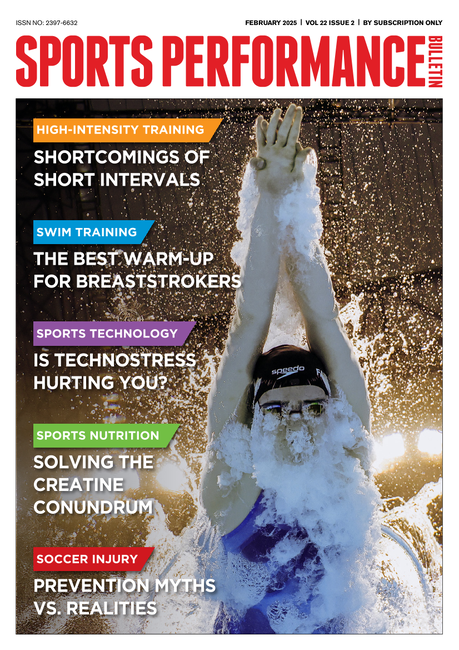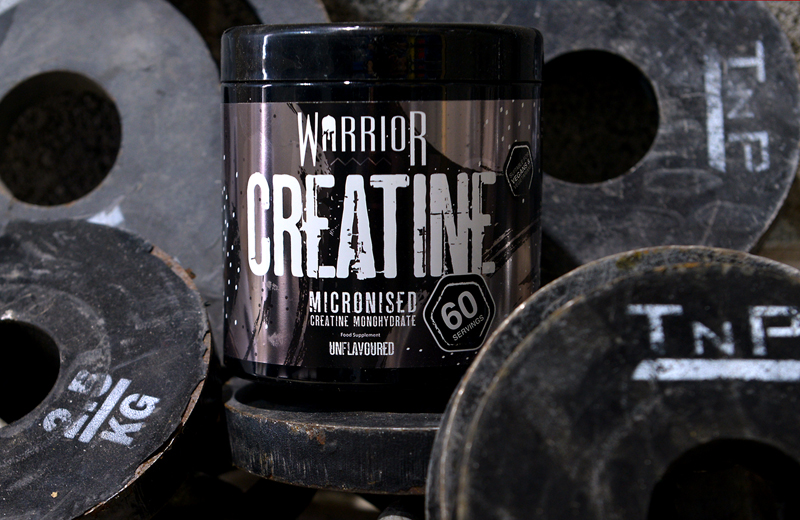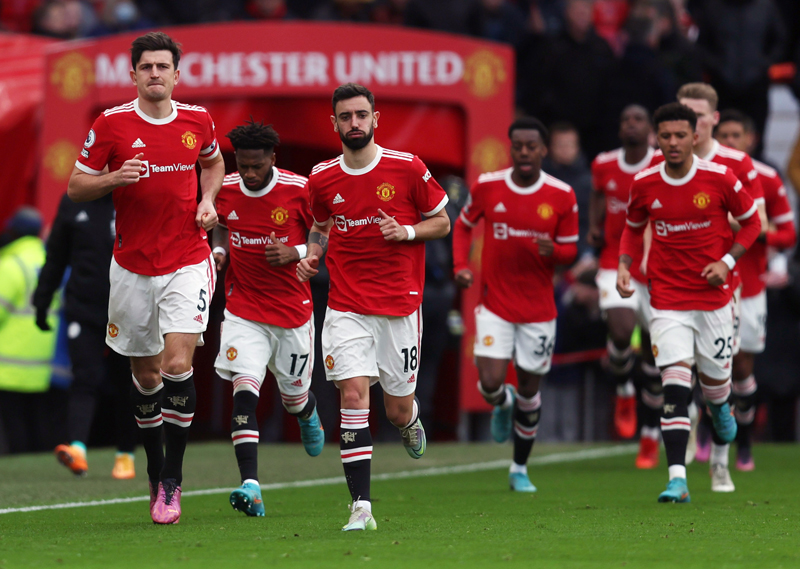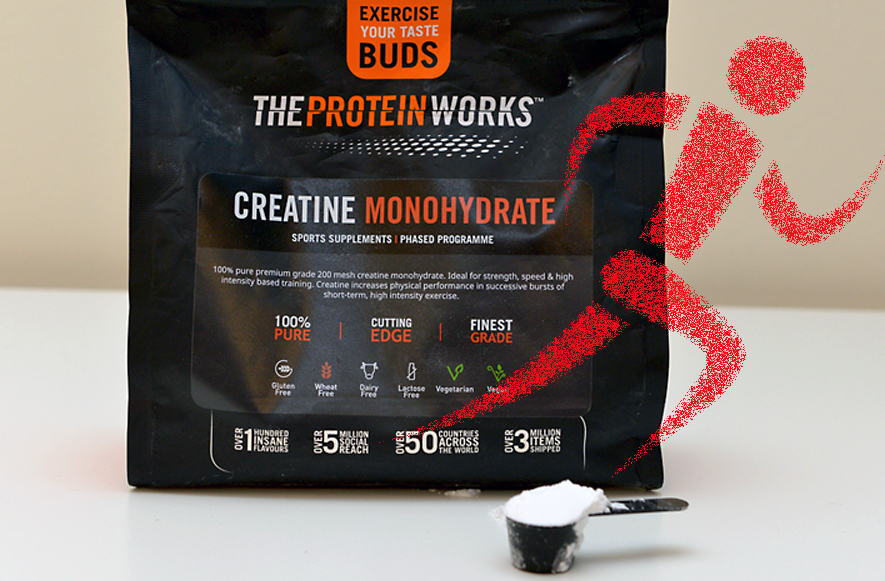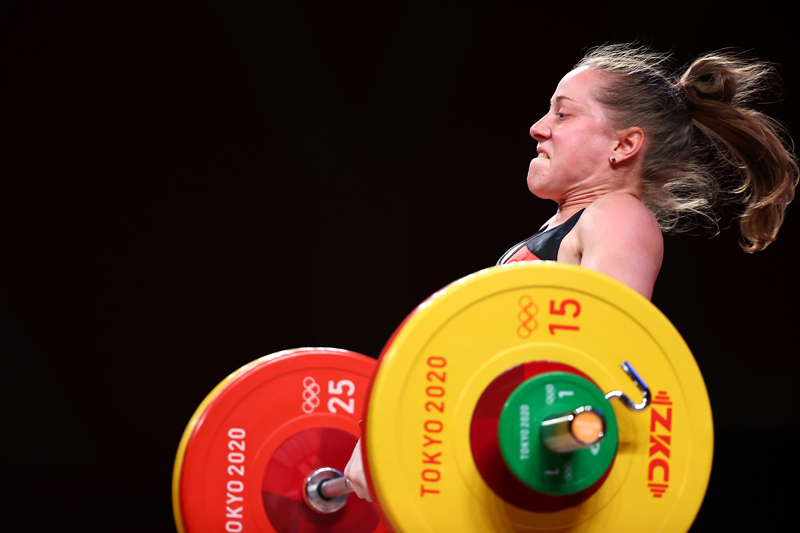You are viewing 1 of your 1 free articles. For unlimited access take a risk-free trial
Caffeine and alcohol dehydration
Caffeine and alcohol - just how dehydrating are they?
Do you do drugs? Think long and hard before you answer, because the answer is, very probably, yes! Like it or not, alcohol and caffeine are drugs that most of us consume regularly as part of our diet. Like all drugs, they have side effects, one of which is common to both – a ‘diuretic’ (waterloss) effect. But how strong is this effect, and is a diet containing these drugs detrimental to the goal of optimum hydration?Part of the reason for the popularity of caffeine-containing beverages is that caffeine is a central nervous stimulant. Caffeine blocks the binding to nerve cells of a substance called adenosine, which normally acts to slow down nerve cell activity. The resulting increased nerve activity stimulates the release of the hormone epinephrine (adrenaline) which, in turn, leads to such effects as increased heart rate and blood pressure, increased blood flow to muscles and the release of glucose by the liver. Caffeine also increases brain levels of the neurotransmitter dopamine, which is involved in cognitive(thinking) processes, alertness and memory.
Caffeine is popular with athletes for a very different reason – it appears to enhance performance (especially endurance performance). The exact mechanism remains unclear, but its ergogenic properties may be linked to a reduced rate of muscle glycogen consumption during the initial stages of exercise, a lower perceived rate of exertion (making strenuous efforts feel easier), or its adrenaline-like effects, which stimulate more calcium to enter muscle cells during contractions, thus boosting the potential power of muscular activity. (For more detail on the ergogenic effects of caffeine, see PP206, December 2004).
However, a possible downside to caffeine use is its diuretic effect, because at higher doses caffeine is known to promote some water loss, due partly to increased blood flow to the kidneys and partly to reduced reabsorption of sodium by the body. However, this diuretic effect is also governed by the concentration of caffeine in any given drink. For example, an espresso coffee provides around 100mg of caffeine in just 50ml of water, but you’d have to drink around a litre of weak black tea to obtain the same amount of caffeine, significantly hydrating your body in the process!
How detrimental is caffeine to hydration in athletes? An early study on the effects of high- dose pre-exercise caffeine ingestion found no significant impact on hydration (3). In a double- blind trial, trained runners exercised to exhaustion on a treadmill at 70-75% of VO2max on two separate occasions under the following conditions:
- After taking high-dose caffeine tablets, administered at the rate of 5mg per kg of body weight, two hours before exercise, followed by 2.5mg per kg 30 minutes before;
- After taking placebo tablets.
Conflicting findings
These findings appear to conflict with those of a more recent study on coffee and hydration (4). Twelve healthy volunteers were asked to abstain from caffeine for five days and then follow a standardised diet for the next two days. On day one of the standardised diet, their fluid requirement was met purely by mineral water; the next day they received the same total amount of fluid, but with the mineral water partly replaced by six cups of coffee containing 642mg of caffeine. This regime led to an increase in 24-hour urine excretion, leading to a negative fluid balance and a concomitant decrease in body weight of around 0.7kg.The researchers also measured total body water (using a technique called bioelectrical impedance analysis) and found it had decreased by 2.7%, while urinary excretion of sodium and potassium increased by 66% and 28% respectively.
The results of this study should be interpreted cautiously by athletes, for the following reasons:
- The five-day caffeine ‘washout’ period was an artificial device which regular caffeine users would not normally use;
- There was no control group, so the fluid losses could have arisen from other factors, such as the standardised diet;
- The study included no exercise component.
The researchers concluded that their results did not allow them to support the standard advice to ‘disregard caffeinated beverages when calculating daily fluid intake’. To put it another way, cutting out caffeinated drinks in order to improve hydration may well be counterproductive unless such drinks are replaced by an equivalent volume of non-caffeinated drinks.
Further evidence that caffeinated drinks aren’t the villains they are sometimes made out to be comes from two studies carried out last year. The first studied the effect of tea on hydration in 13 members of expeditions based at Mount Everest base camp – at an altitude of 5,345m (6). Hydration is a particular problem at such altitudes because of a phenomenon called ‘altitude diuresis’, whereby large amounts of water are lost via the lungs because of the very low air pressure and temperatures.
Two 24-hour trials were conducted: a ‘tea’ condition, in which hot brewed tea formed a major part of fluid intake, and a ‘no-tea’ condition, where tea was excluded from the diet. All subjects were denied other caffeinated beverages, foods and alcoholic drinks. Analysis of the results showed that tea made no difference to urine output or other markers of hydration status. In fact, the only reported difference was in mood, with tea-drinking subjects reporting significantly reduced fatigue!
The second study looked at the effects on rehydration of caffeinated beverages consumed during the recovery period after strenuous workouts in the heat (7). Ten partially heat-acclimatised athletes completed three successive days of twice-daily two- hour practices in warm conditions (23°C). In a double-blind cross-over design, the athletes rehydrated either with Coca-Cola (containing 100mg of caffeine per litre) or the decaffeinated variety. Although urine was a darker colour at one point with the caffeinated cola, all other measures of hydration status, including urine output, body weight and total body water were similar. The researchers found little evidence to support the idea that caffeinated drinks have an adverse effect on hydration during post-exercise recovery.
Alcohol and hydration
Alcohol, technically known as ethyl alcohol or ethanol, has been around for a long, long time. Prehistoric man discovered that the fermentation of fruit and vegetables produced alcohol and believed it had therapeutic properties. As civilisation spread, so did the use of alcohol. But it was only comparatively recently that the side effects and toxicity of alcohol were fully understood.Problems connected with alcohol use now affect as many as eight million people in the UK alone – and this number is rising. Almost one-inthree adult men and nearly one-in-five women now drink more than the recommended limits of 14-21 weekly units for women and 21-28 for men. While it is unlikely that health-conscious athletes or fitness enthusiasts would exceed these limits, there is still a performance issue with lower doses of alcohol: hydration.
How alcohol dehydrates
Alcohol promotes water loss by depressing production of the antidiuretic hormone called vasopressin, which acts on the kidneys, concentrating the urine by promoting the reabsorption of water and salt into the body. Vasopressin helps to regulate the concentration of fluids in the body, and interference with its action leads to an increased loss of body fluid from urination, which can contribute towards dehydration. To make matters worse, alcohol- induced water loss can lead to the additional loss of such minerals as magnesium, potassium, calcium and zinc, which are not only important nutrients but are also involved in the maintenance of fluid balance and nerve and muscle action.Although alcohol use beyond the recommended limits is known to be detrimental to health (and thereby to athletic performance), what evidence is there that sensible use has any ill effects? In particular, can alcohol use impair hydration status? By contrast with caffeine, the evidence is quite damning.
A UK study examined the effect of alcohol consumption on the restoration of fluid and electrolytebalance after exercise-induced dehydration (8). In four separate trial conditions, six subjects consumed drinks containing 0, 1, 2, and 4% alcohol over 60-minute period, beginning 30 minutes after the end of a dehydrating exercise session. Although a different beverage was consumed in each condition, the volume remained constant at just over two litres (equivalent to 150% of body mass loss during exercise – the amount recommended for efficient hydration).
The researchers found that the total volume of urine produced in the six hours after rehydration tended to increase in line with the alcohol content of drinks. Furthermore, the increase in blood and plasma volume during this rehydration period was markedly slower with the 4% beverage and did not ultimately rise significantly above the dehydrated level! The researchers concluded that while alcohol has a negligible diuretic effect when consumed in dilute solution (2% or less), drinks containing 4% or more of alcohol tend to delay the recovery process.
Another study investigated the effects of alcohol on pulse rate and blood volume during orthostatic tilting (changing from lying down to an upright posture) (9). Ten men and as many women drank nonalcoholic beer mixed with either alcohol (1.1g per kg of body weight) or an equivalent volume of water. Pulse rate, blood volume and blood alcohol concentration were monitored for the next eight hours, and the alcohol group were found to develop a significant relative fluid deficit, beginning two hours after ingestion and averaging 0.5 litres by three hours.
Further evidence of the detrimental effects of alcohol on hydration comes from a more recent study examining the effects of alcohol after a cycle ergometer test (10). Eleven active men cycled on the ergo and one hour later drank either alcohol (0.7g per kg of body weight) mixed with flavoured water or an equivalent volume of flavoured water alone (placebo). Measurements of a range of blood markers were taken at one, five and 22 hours.
As expected, both groups showed a drop in plasma volume after training, but this had been restored in both groups an hour after the drinks were consumed. The alcohol group (unsurprisingly) experienced a big rise in blood alcohol after their drink, but after five hours, their blood alcohol levels had fallen back to zero.
However both groups were also tested for blood viscosity (stickiness). After cycling, viscosity was raised in both groups (probably through dehydration), but while the viscosity steadily returned to normal levels in the placebo group, levels in the alcohol group remained raised, even at 22 hours, despite the fact that their plasma volume values had returned to normal. In other words, although the alcohol had left the bloodstream and hydration appeared normal in terms of blood plasma volume, the blood of those who had consumed alcohol during the recovery phases was still behaving as though the body was dehydrated! The implication is that alcohol during post-exercise recovery may have longer lasting effects than simply impairing rehydration.
In conclusion
Caffeine and alcohol are widely-used drugs, and it’s not hard to understand why. They are pleasurable to consume, and not at all bad for health in moderate doses. Tea and cocoa beans are stuffed to the brim with health-protecting antioxidants, as is red wine! Moreover, small amounts of alcohol are believed to reduce the risk of coronary heart disease.But what of their effects on hydration? When it comes to caffeine, the oft-repeated advice to cut out caffeinated drinks to boost hydration seems well wide of the mark. Not only is there scant evidence that drinks containing even moderate levels of caffeine exert a diuretic effect, but cutting out these drinks and not replacing them with at least an equivalent volume of non-caffeinated beverages would actually lead to poorer hydration.
Normal-strength tea and coffee therefore appear to be perfectly acceptable either before or after exercise, although you should remember that sodium/electrolyte drinks may be a better strategy after strenuous exercise in the heat. The only caveat is that if you habitually abstain from caffeine, suddenly introducing it in the form of strong drinks may exert a mild diuretic effect.
The post-exercise use of alcohol is more problematical, and the evidence suggests that, unless you consume very weak alcoholic drinks (2% by volume or less), alcohol should be completely avoided until you are fully hydrated. And because alcohol takes 36 hours to completely clear the system, athletes should refrain from its use for at least 48 hours before an event.
If you do find yourself in a situation where drinks are flowing, drink weak beers for preference, avoid wine and spirits and aim to consume one soft drink for every alcoholic one.
Table 1: Typical caffeine content of common consumables (Approximate figures depending on preparation methods) (1,2)
| Item | Caffeine content |
|---|---|
| Chocolate | |
| Bittersweet | 25mg/oz (875mg/kg) |
| Milk | 3-6mg/oz (100-210mg/kg) |
| Cocoa | 0.5mg/fl oz (17mg/litre) |
| Coffee | |
| Brewed (drip) | 4-20mg/fl oz (130-680mg/litre; 40-170mg/5fl oz cup) |
| Decaffeinated | 0.4-0.6mg/fl oz (13-20mg/litre) |
| Instant | 4-12mg/fl oz (130-400mg/litre) |
| Espresso | 100mg/fl oz (3,400mg/litre) |
| Cola/carbonated drinks | |
| Coca Cola classic | 34mg/12fl oz can (100mg/litre) |
| Diet Pepsi | 36mg/12fl oz can (105mg/litre) |
| Red Bull | 80mg/8.3fl oz can (337mg/litre) |
| Teas/other infusions | |
| Black tea, brewed (USA) | 2.5-11mg/fl oz (85-370mg/litre) |
| Black tea, brewed (other) | 3-14mg/fl oz (100-470mg/litre) |
| Black tea, canned iced | 2-3mg/fl oz (70-100mg/litre) |
| Black tea, instant | 3.5mg/fl oz (120mg/litre) |
| Green tea | 2.5mg/fl oz (85mg/litre; 8-30mg per tea bag, ie one serving) |
| Decaffeinated tea | 0.5mg/fl oz (17mg/litre; 1-4mg per tea bag, ie one serving) |
References
- International Food Information Council, U.S. Food and Drug Administration, The Coca-Cola Company
- J Am Diet 74:2832, 1979
- Can J Physiol Pharmacol, 68(7): 889-92, 1990
- Ann Nutr Metab, 41(1): 29-36, 1997
- J Am Coll Nutr, 19(5): 591-600, 2000
- Eur J Appl Physiol, 91(4): 4938, 2004
- Int J Sport Nutr Exerc Metab, 14(4): 419-29, 2004
- J Appl Physiol, 83(4): 1152-8, 1997
- Ann Emerg Med, 25(5): 636-41, 1995
- Clin Hemorheol Microcirc, 24(4): 227-32, 2001
Newsletter Sign Up
Testimonials
Dr. Alexandra Fandetti-Robin, Back & Body Chiropractic
Elspeth Cowell MSCh DpodM SRCh HCPC reg
William Hunter, Nuffield Health
Newsletter Sign Up
Coaches Testimonials
Dr. Alexandra Fandetti-Robin, Back & Body Chiropractic
Elspeth Cowell MSCh DpodM SRCh HCPC reg
William Hunter, Nuffield Health
Keep up with latest sports science research and apply it to maximize performance
Today you have the chance to join a group of athletes, and sports coaches/trainers who all have something special in common...
They use the latest research to improve performance for themselves and their clients - both athletes and sports teams - with help from global specialists in the fields of sports science, sports medicine and sports psychology.
They do this by reading Sports Performance Bulletin, an easy-to-digest but serious-minded journal dedicated to high performance sports. SPB offers a wealth of information and insight into the latest research, in an easily-accessible and understood format, along with a wealth of practical recommendations.
*includes 3 coaching manuals
Get Inspired
All the latest techniques and approaches
Sports Performance Bulletin helps dedicated endurance athletes improve their performance. Sense-checking the latest sports science research, and sourcing evidence and case studies to support findings, Sports Performance Bulletin turns proven insights into easily digestible practical advice. Supporting athletes, coaches and professionals who wish to ensure their guidance and programmes are kept right up to date and based on credible science.



